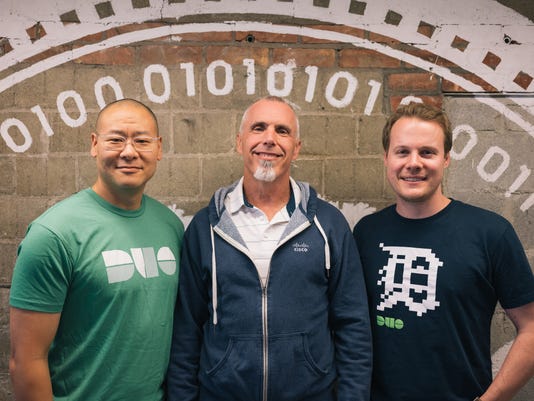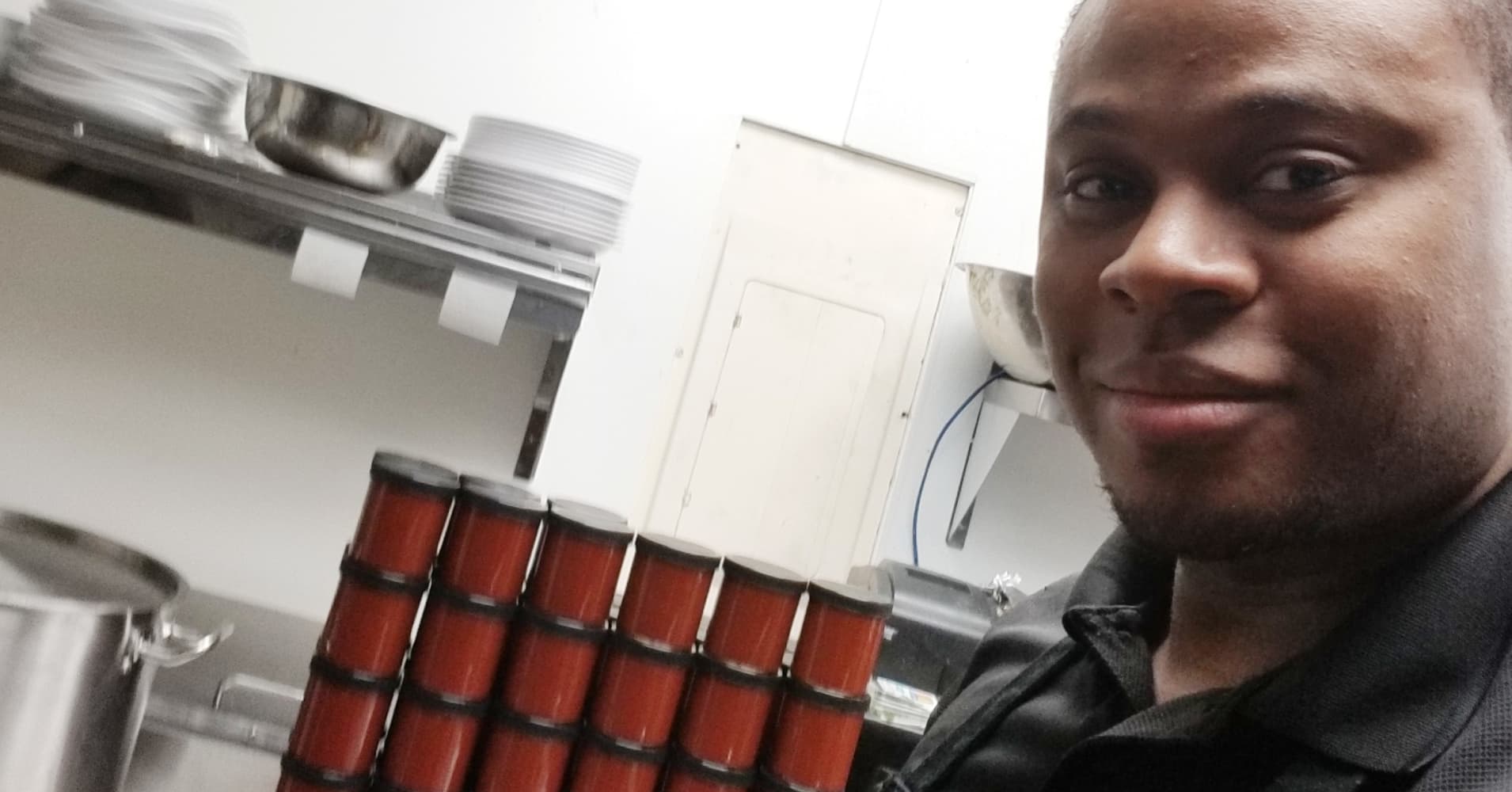Start-up security firm sold for $2.5 billion dollars

Ann Arbor MI Aug 20 2018 This month’s $2.35-billion purchase of Ann Arbor-based Duo Security will do more than create some instant millionaires. It should also remind us how differently we can view business success in Michigan today than in years past.
In Michigan’s 20th-century industrial heyday, the most admired companies were those that endured decade after decade. They built huge workforces and imposing headquarters, and they ranked near the top of the Fortune 500 — Ford, General Motors, Dow, Kellogg.
Today, though, a firm like Duo Security, founded just eight years ago to provide digital security solutions, can grow like a rocket, acquire thousands of customers around the world with its innovative products, and then get bought out by a much larger firm.
Duo helps customers avoid cybersecurity breaches by verifying the identify of users and the health of their devices before granting them access to applications — a critical need today.
Back when the old American Motors was acquired in the 1970s, getting bought up was often the result of failure, not success. Unable to compete against the much larger automakers Ford and GM, AMC was rescued, lasted awhile under Chrysler’s wing, and closed in 1987.
But Duo Security’s success shows that getting bought can be part of the process of getting great products into the wider market, said Skip Simms, senior vice president of Ann Arbor SPARK, an entrepreneurial and talent portal that helps startups get going.
“It’s not necessarily revenue or profitability” that defines success today, Simms told me. “It’s creating a product that will make a significant improvement to the health and well being of the populace. That’s a success even though the founder and the team may have sold the company long before it had any revenue.”
And the notion that a successful CEO stays at the helm for many, many years — think Henry Ford II running Ford for decades — that, too, is no longer true.
“We tell entrepreneurs all the time that if you’re successful growing this company to a certain size, the company may outgrow you,” Simms said. “You build it to a certain point, you get to your maximum competence as a CEO, and it’s time to bring in another person as CEO with the competence required to take it to the next stage.”
Dug Song, co-founder and CEO of Duo Security, downplayed the idea that business has changed radically from the past.
“There’s no doubt that technology has really accelerated the pace of economic innovation and change,” he told me. “But it’s also the case historically very, very few companies last a hundred years. There’s actually constant change that happens at the top of our market even.
“Nearly nine of every 10 Fortune 500 companies from 1955 are gone,” he continued. And indeed of the 10 largest companies in Fortune’s 1955 list, only two — General Motors and Exxon Mobil — remain in the top 10 in this year’s list.
“But that’s a good thing,” Song said. “This creative destruction is the way of business.”
This newer model of success places a premium on finding what many call “serial CEOs” — leaders capable of taking over a young firm from its founders and guiding it long enough to see it to a successful buyout by a larger firm or an initial public offering.
“Serial entrepreneurs are one of the handful of goals we’ve had at Ann Arbor SPARK from the beginning,” Simms said. “We haven’t had in this state in a long time serial entrepreneurs. We had a handful. But it wasn’t part of the DNA yet. It wasn’t part of our culture yet. It is becoming part of the norm now, and I think that is an outstanding sign of success for the state of Michigan in creating a technology economy “
Perhaps, as Simms said, we need to think about business success in a different way. It’s no longer, if it ever was, building and sustaining a corporate entity for decades just for the sake of bigness.
“I think success is really ‘did I do something positive for society,’ ” Simms said. “Did I and my employees financially benefit from it? And were all of us happy at the end of the day? Were we happy doing what we were doing, happy while we were building it, happy during our success, and still happy when it ended?”
Detroit Free Press



